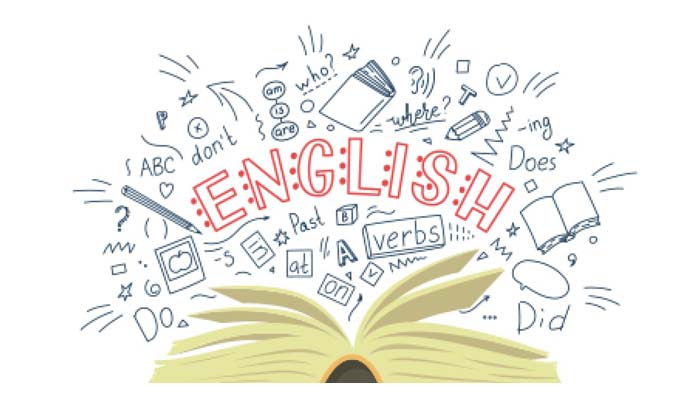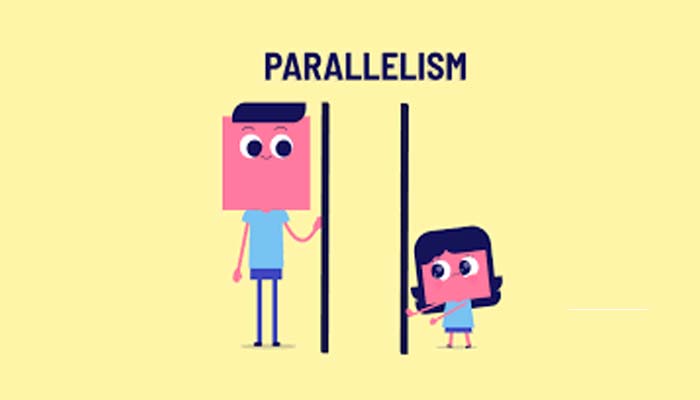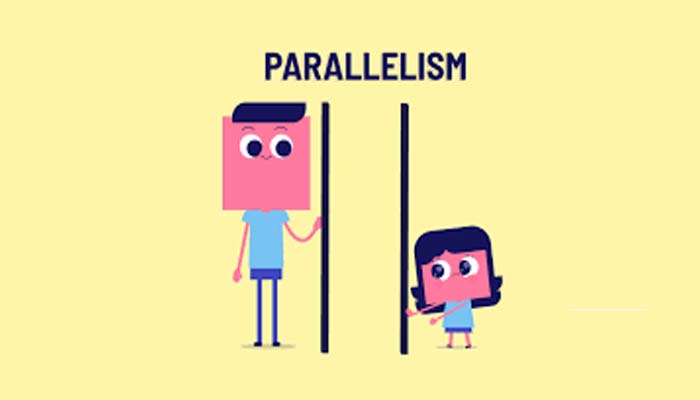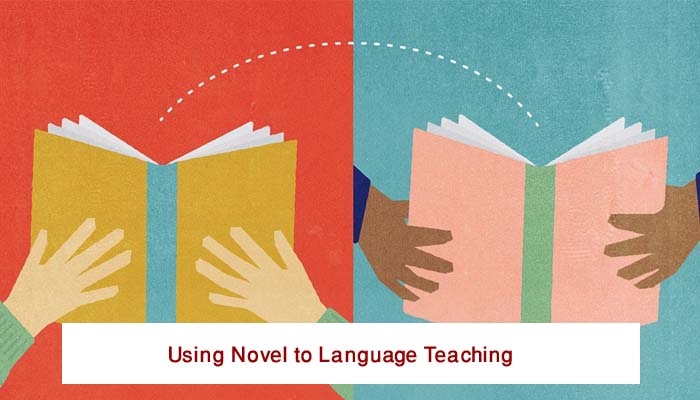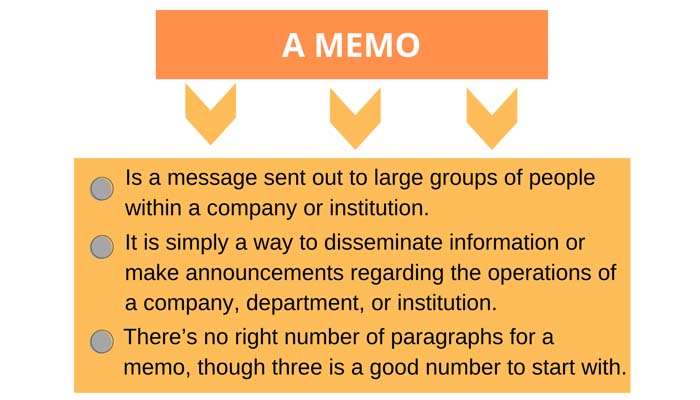
Benefits of Using Short Stories in Language Teaching
Short fiction is a perfect useful resource for staring at now no longer the best language but lifestyles themselves. In quick fiction, characters act out all of the actual and symbolic acts human beings perform in their daily lives and achieve this in quite a few registers and tones.
The international of quick fiction each mirror and illuminates human lives (Sage 1987:43). The inclusion of quick fiction withinside the ESL / EFL curriculum gives the subsequent academic advantages (Arıoğul 2001:11-18)
- Makes the college students’ studying project simpler because of being easy and quick whilst as compared with the alternative literary genres.
- Enlarges the superior stage readers’ worldviews approximately specific cultures and specific agencies of human beings
- Presents extra innovative, encrypt, hard texts that require private exploration supported with previous information for superior stage readers
- Motivates freshmen to examine because of being a proper material
- Gives an international of wonders and an international of mystery
- Offers college students the risk to apply their creativity
- Promotes vital questioning abilities
- Allows coaching an overseas way of life.
- Makes college students sense themselves snug and loose,
- Facilitates college students coming from numerous backgrounds speak with every different due to its prevalent language.
- Facilitates college students to move past the floor which means and dive into underlying meanings.
- Acts as an excellent car to assist college students apprehend the positions themselves in addition to others through transferring that received information to their personal international.
- For instance, the motivational value ingrained in short stories enables children to learn the four skills—listening, speaking, reading, and writing—more successfully. Additionally,
teachers can impart literary, cultural, and higher-order thinking benefits through the use of short stories.
Benefits of Using Short Stories in Language Teaching
- It offers a natural setting for linguistic investigation. Numerous linguistic concepts can be introduced through storytelling. The appeal of stories is universal.
- It intrigues students in a language classroom and keeps them engaged.
- Storytelling can help learners of second or foreign languages build positive attitudes toward learning. It encourages learners to think creatively.
- Children adore fantasy, and stories fill their imaginations with so much of it that it helps them connect their imagined worlds to the real ones.
- Stories help pupils express their thoughts in their native languages while stimulating their imaginations. Stories can be used to improve language abilities.
- When used in the classroom, stories can be used to indirectly teach grammar. Children enjoy listening intently to stories, which helps them develop their listening and concentration skills.
- Children pick up some language skills instinctively, such as the use of words in specific contexts, deducing the meaning of words from the context of a story, specific sentence patterns, specific grammatical constructions, etc.
- It gives students the chance to learn about various cultures, manners, customs, etc.
- As students learn the English language, stories help them connect it to their own knowledge of the outside world.
- For instance, the motivational value ingrained in short stories enables children to learn the four skills—listening, speaking, reading, and writing—more successfully.
- Educators can impart literary cultural stories with higher-order thinking skills through the use of short stories.
In brief, using a quick tale appears to be a completely useful method in today’s overseas language classes. As it’s miles quick, it makes the college students’ studying project and the teacher’s insurance simpler. A crucial function of quick fiction is its being prevalent. To positioned it differently, college students everywhere in the international have skilled tales and might relate to them. Moreover, quick fiction, like any different varieties of literature, makes a contribution to the
improvement of cognitive analytical abilities by bringing the complete self to undergo a compressed account of a scenario in an unmarried location and moment (Sage 1987:43).
Conclusion
Teachers should present students with an authentic model of language use because the goal of EFL instruction is to enable students communicate effectively in the target language. She or he should do it by concentrating on literary and cultural factors in addition to linguistic ones. Short stories are a great tool to employ in ESL/EFL education programs since they provide these components.
To get the most out of it, the short tale selection should take into account the course purpose, the learner profile, and the narrative’s content. The utilization of a single work of literature differs from classroom to classroom and from teacher to teacher since every teaching setting is different. Similar to what this paper’s discussion demonstrates, Different exercises for reading, listening, writing, and speaking lessons can be provided through short stories.
The telling of a short narrative provides pupils with a relevant framework in which to learn various language focuses and to develop their interpretive skills. Last but not least, the same story might also be used to teach vocabulary growth or other language-related abilities.
Also Read: Benefits of using Literature in Language Teaching
By Ador








